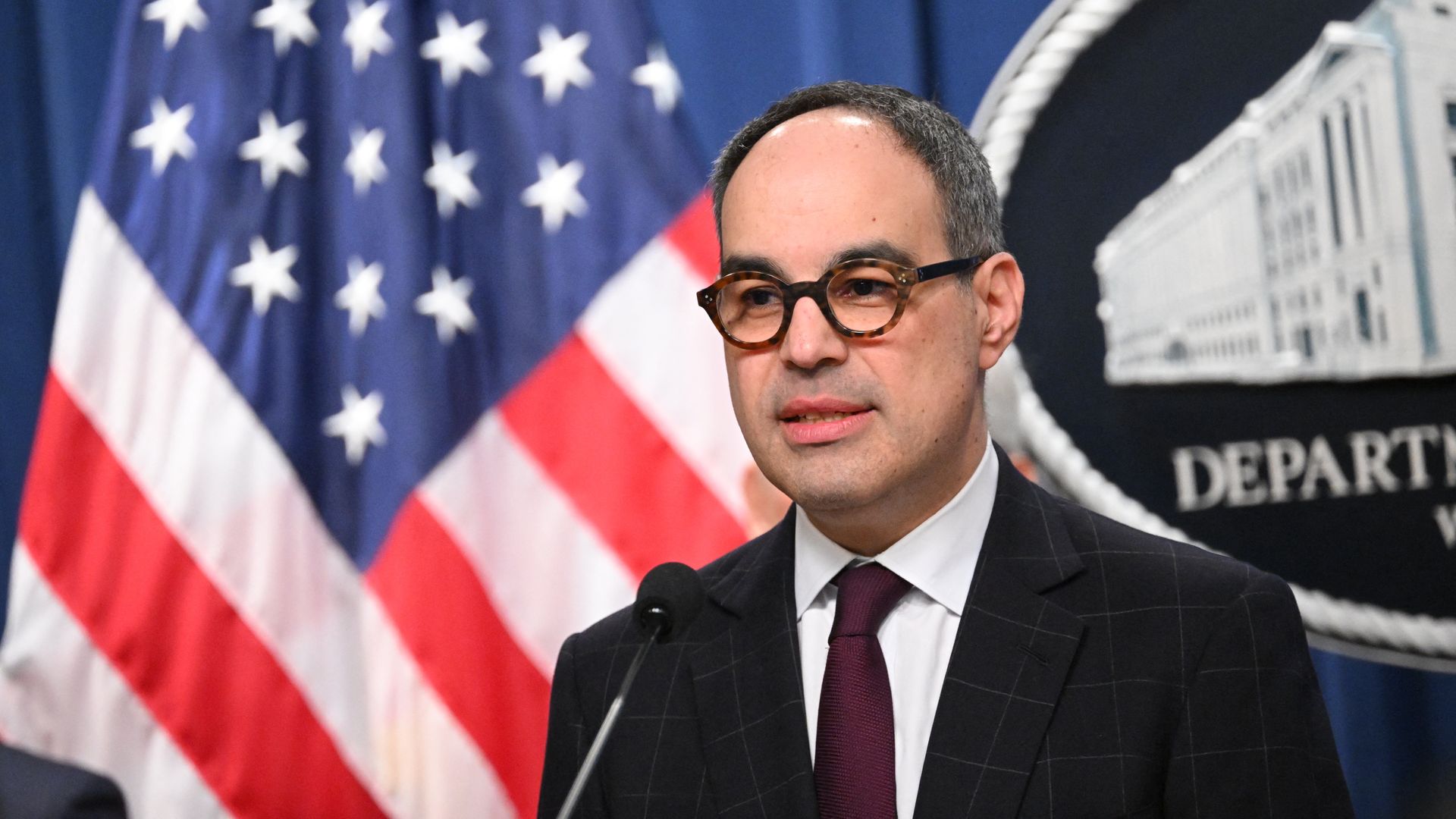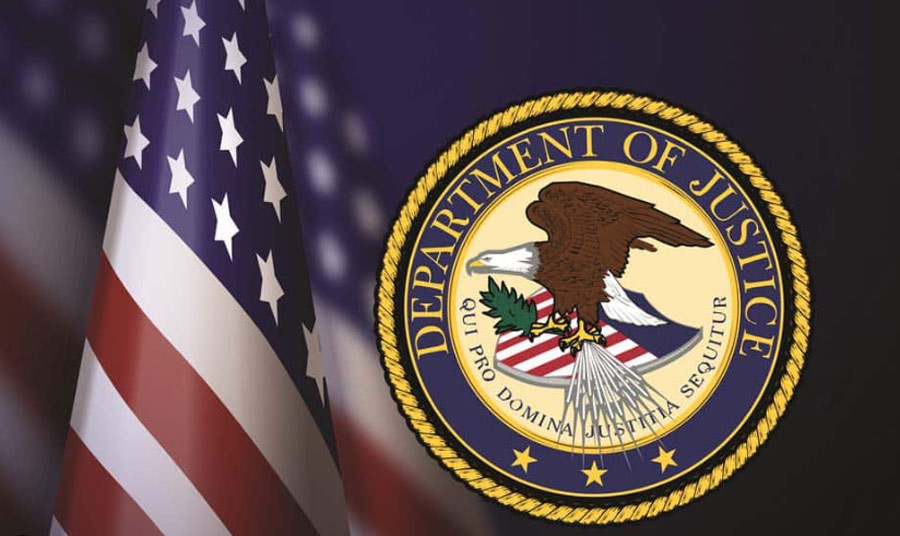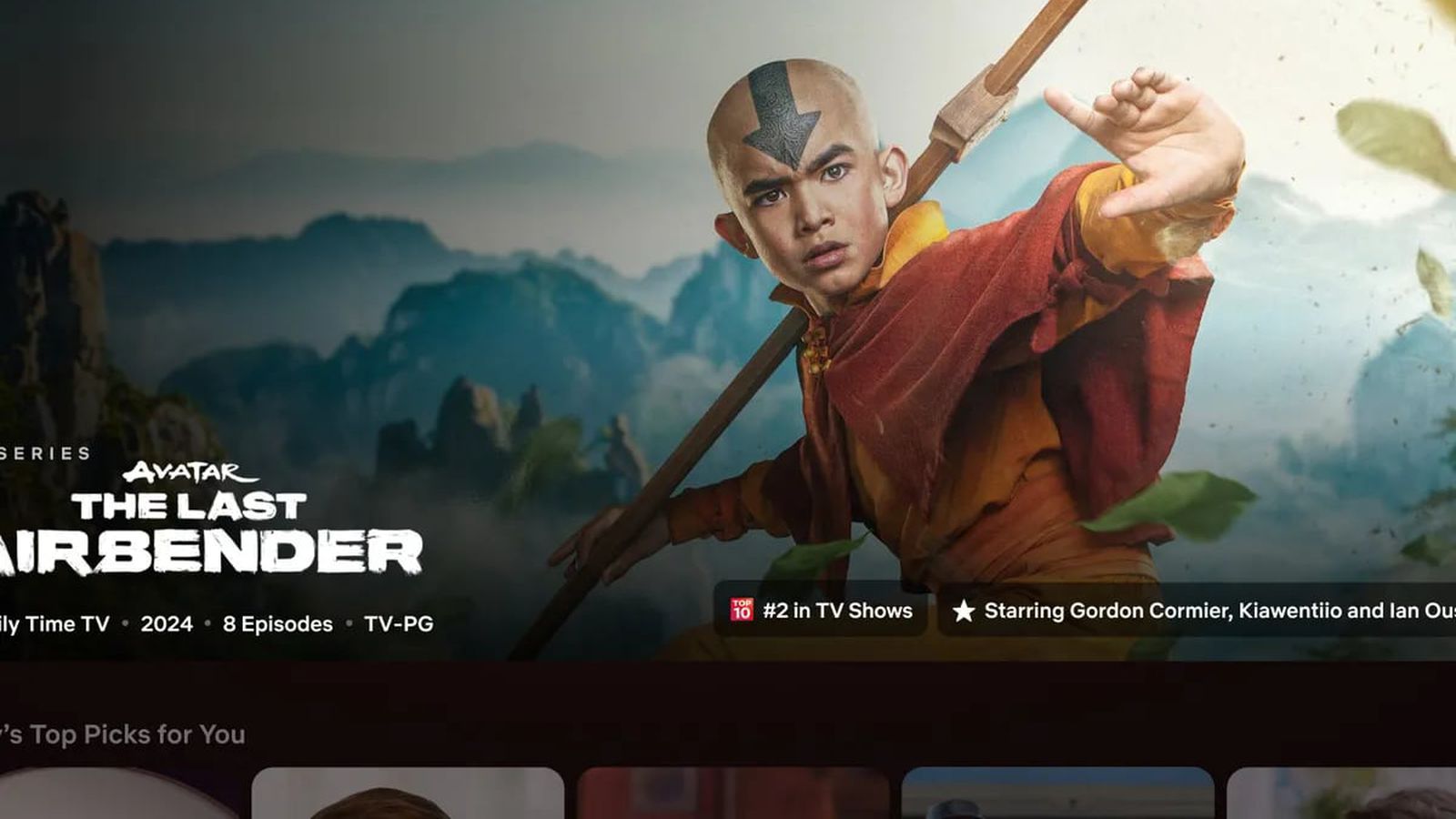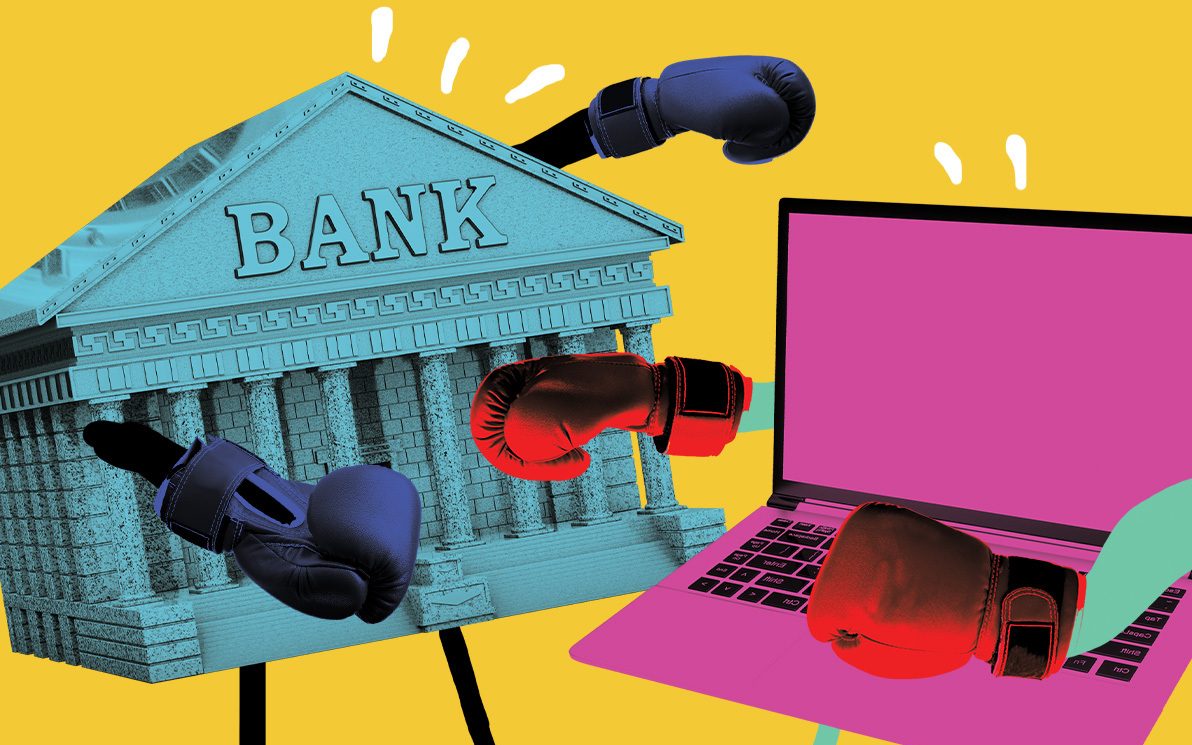According to a source familiar with the matter, the U.S. Justice Department and the Federal Trade Commission have reached a deal that allows antitrust investigations into Microsoft, OpenAI, and Nvidia’s dominant roles in artificial intelligence
The agreement between the two agencies demonstrates that regulatory scrutiny is intensifying in response to apprehensions regarding concentration in the industries that comprise AI.
Microsoft and Nvidia dominate their respective industries and are among the world’s largest corporations by market capitalization, with Nvidia’s market value recently surpassing $3 trillion.
U.S. antitrust enforcers have publicly expressed a variety of concerns regarding AI, including the potential for partnerships between companies to circumvent required merger review processes, the impact of generative AI on the market for creative work, and the advantage that Big Tech companies have in their access to data used to train AI models.
The decision to divide the industry is reminiscent of a similar agreement between the two agencies in 2019 to divide enforcement against Big Tech.
This agreement ultimately resulted in the FTC bringing cases against Meta and Amazon and the DOJ suing Apple and Google for alleged violations.
The companies have disputed any wrongdoing, and the cases are still ongoing.
Microsoft has invested $13 billion in a for-profit subsidiary of OpenAI, representing a 49% stake, despite the parent organization being a nonprofit.
The Justice Department will be responsible for conducting the primary investigation into whether Nvidia violated antitrust laws, while the FTC will evaluate the actions of Microsoft and OpenAI.
The individual stated that the regulators have reached an agreement over the past week, and it is anticipated to be finalized shortly.
Nvidia controls approximately 80% of the AI semiconductor market, encompassing the custom AI processors developed by cloud computing companies such as Amazon, Microsoft, and Google.
The corporation can report gross margins of 70% to 80% due to this dominance.
On Thursday, representatives from Nvidia and OpenAI declined to provide commentary regarding the regulators’ agreement. Microsoft stated that it is committed to fulfilling its regulatory obligations to report transactions and is confident it has done so.
After the FTC ordered OpenAI, Microsoft, Alphabet, Amazon, and Anthropic to provide information on recent investments and partnerships involving generative AI companies and cloud service providers in January, the two regulators agreed.
The FTC initiated an investigation into OpenAI in July last year, alleging that it violated consumer protection laws by jeopardizing personal reputations and data.
Jonathan Kanter, the antitrust chief of the Justice Department, stated at an AI conference at Stanford University last week that there are “structures and trends in AI that should give us pause.”

He also noted that the technology relies on vast amounts of data and computing power, which can give dominant firms a significant advantage.
Chair Lina Khan is in charge of the DOJ and FTC, which jointly enforce federal competition law. However, they strive to prevent the occurrence of duplicate investigations.

Typically, according to Bill Baer, who headed antitrust efforts at the agencies during the Obama and Clinton administrations, each agency will assume the lead in areas where it has accumulated expertise.
Nevertheless, Baer, a visiting fellow at the Brookings Institution, acknowledged that the two agencies’ leaders will occasionally convene to determine who is responsible for which tasks.
MICROSOFT DEAL
The FTC is also investigating Microsoft’s $650 million agreement with AI startup Inflection AI, as there are concerns that the deal may have been a ploy to circumvent merger disclosure requirements, according to the individual.
The unconventional agreement reached in March enabled Microsoft to employ most of Inflection’s personnel, including its co-founders, and utilize the startup’s models.
In a statement issued on Monday, Microsoft stated that the agreement with Inflection facilitated the acceleration of work on Microsoft Copilot while enabling Inflection to “continue pursuing its independent business and ambition as an AI studio.”
The Wall Street Journal was the first to report on the investigation, and the New York Times was the first to report on the regulators’ agreement on AI.



